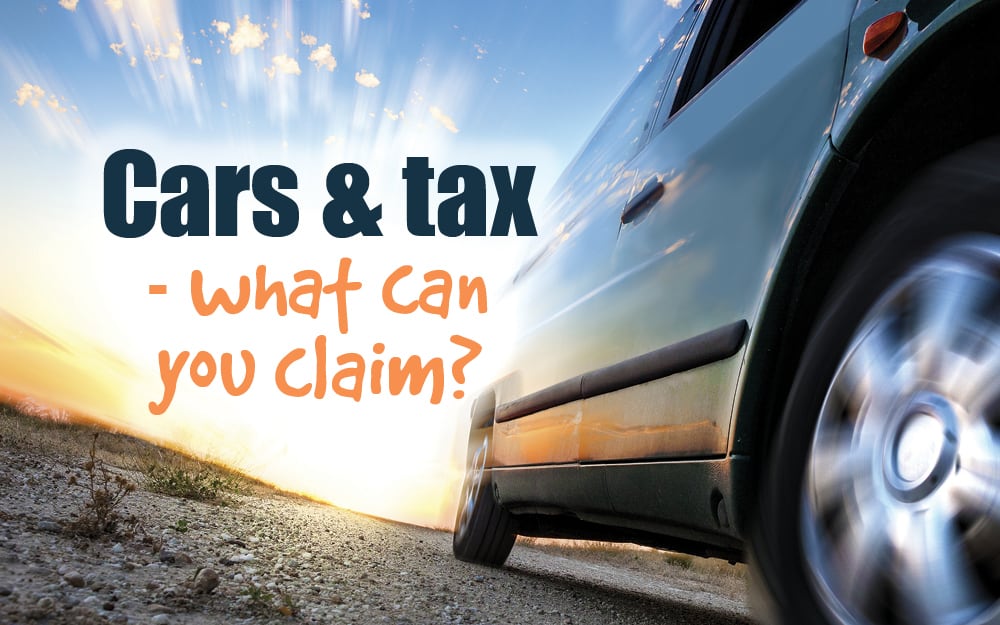
With transport costs for Australian families continuing to rise, claiming some of your expenses back at tax time sounds great, but it’s important to get it right if you don’t want to attract the attention of the tax man.
The key point to remember is that you can only claim expenses directly connected to using your own vehicle as part of your work, but not for normal trips between your home and work. Examples of work-related travel include driving to collect supplies, carrying bulky equipment such as an extension ladder for work, driving to meetings, or travelling between two different workplaces.
Counting the kilometres
In the past there were four methods for claiming vehicle expenses, but from the 2016/17 financial year this was streamlined to just the cents-per-kilometre or logbook methods.
With the cents-per-kilometre method you claim a fixed rate of $0.66 per kilometre (regardless of vehicle size), for vehicle depreciation and running expenses. Claims can be made to a maximum of 5,000 kilometres in a financial year; if you drive any further you must use the logbook method.
Documentation is not required for claims using this method, but you must be able to demonstrate how you calculated the kilometres using a diary record.
Keeping a logbook
The alternative is to keep a detailed travel logbook for 12 weeks. With this method, you can claim all the operational expenses for your car multiplied by the business-related portion. This means if 50 per cent of your travel is business-related, only half of your total vehicle expenses can be claimed.
The ATO requires a legitimate logbook to record the details of all business journeys made during the financial year. It must list the date and time each trip was started and completed, start and end odometer reading for each journey, total kilometres travelled and business purpose.
Claims must also be substantiated with receipts for vehicle insurance, service and repair costs. Fuel expenses can be claimed based on actual receipts, or by estimating the business portion of kilometres travelled using the annual start and end odometer readings.
Depreciation claims for your vehicle are 25 per cent of the recorded value of the car in the year it was first used or leased. Capital costs such as the purchase price, principal on any money borrowed to buy the vehicle and improvement costs can’t be claimed.
Hire purchase vehicles
If you own, lease or hire a car under a hire purchase agreement, you can still claim deductions for using your vehicle. Keep in mind though that you will only be considered to own the vehicle if you make financial contributions for the initial purchase or lease, or contribute to the loan or lease payments. This applies even if you pay for registration, insurance and other running costs.
Traps for the unwary
A common mistake with car-related claims is not apportioning your business and private travel. You can only claim costs related to the work-related portion of your travel expenses. For example, the cost of travel between your home and work is generally considered private travel and is not claimable. This includes situations where your employer requires you to use your vehicle for small tasks on the way to work, such as picking up the mail.
When claiming car expenses, you must own the vehicle to use either the logbook or cents-per-kilometre method. If your vehicle is owned by your employer or is part of a salary package arrangement, you can’t claim vehicle expenses.
Another pitfall is forgetting to include on your tax return any allowance paid by your employer for car expenses. Car allowances are considered assessable income and if your employer doesn’t show it on your annual payment summary, you need to include it with your assessable income.